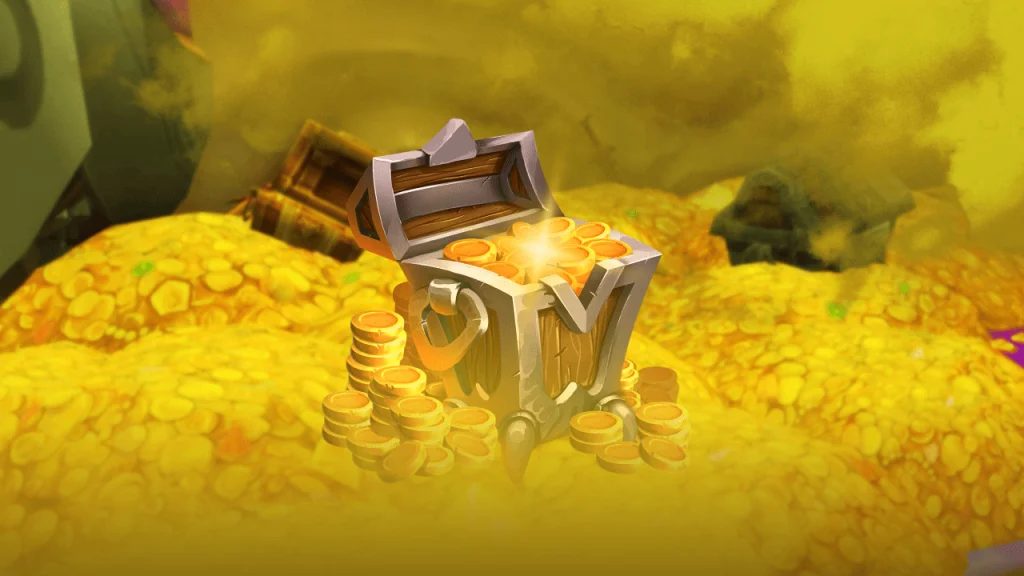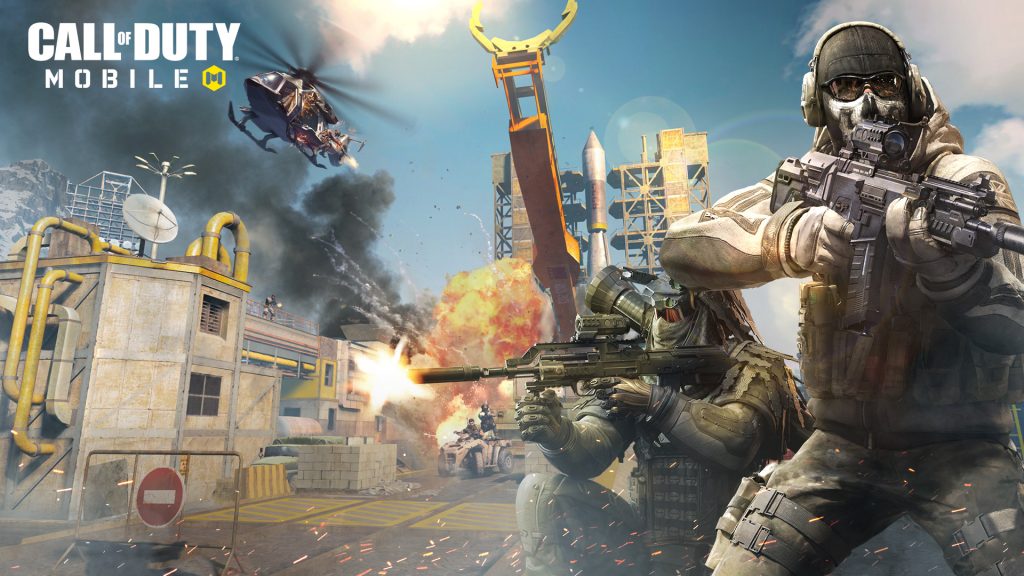CSGO cases Are Not Just Cosmetic but a Gateway to Gaming Culture
In recent years, the world of competitive gaming has witnessed an intriguing phenomenon with Counter-Strike – Global Offensive CSGO Cases cosmetic items that allow players to customize their weapons in the game. While these Cases are often seen as purely aesthetic items, their significance goes far beyond simple decoration. They have become an integral part of gaming culture, shaping the way players interact with the game, engage with the broader community, and even approach the economy of digital goods. At first glance, CSGO Cases appear to be nothing more than virtual enhancements to the game, offering players the ability to change the look of their weapons. However, their impact stretches into areas such as player identity, community building, and even the in-game economy. Cases have become a form of personal expression, with players curating their inventories to reflect their own style or preferences. The rarity of some Cases also gives them an element of exclusivity, which is highly valued in the gaming community.
This sense of exclusivity creates a status symbol within the game, as players flaunt their rare or expensive Cases in matches. Beyond identity, CSGO Cases have a profound impact on the culture of the game and the larger gaming community. The Case market a thriving, player-driven economy has emerged, where Cases can be bought, sold, and traded. Some Cases are worth mere pennies, while others can fetch thousands of dollars, creating a dynamic market reminiscent of trading cards or collectibles. This economic aspect has transformed the Cases from simple cosmetics into valuable digital assets, attracting not only gamers but also investors and speculators who view rare Cases as profitable commodities. The market’s growth has led to the development of third-party websites and platforms where users can freely trade skins, exchange items, or even gamble them. Furthermore, the popularity of CSGO Cases has prompted the rise of streaming platforms like Twitch and YouTube, where content creators showcase their rare skins, discuss their value, and explore the market.
This has added another layer to gaming culture, where influencers and streamers capitalize on the fascination with CSGO Cases to generate content and engage their audiences. Esports tournaments also play a role in the culture surrounding CSGO skins, with some events offering exclusive, limited-edition Cases for viewers. These Cases become coveted collectibles tied to the memories of major events, further strengthening the link between Cases and gaming culture. However, the darker side of this phenomenon should not be ignored. The integration of Cases into the game’s ecosystem has led to the rise of gambling, with players betting their Cases on third-party websites or participating in loot box-style systems. This has raised concerns, particularly among younger players, about the potential for addiction or the risk of being exposed to unregulated gambling practices. The line between gambling and digital goods is becoming increasingly blurry, and as Cases continue to grow in value, so does the need for regulation. In conclusion, CSGO Cases are far from being just cosmetic items.






